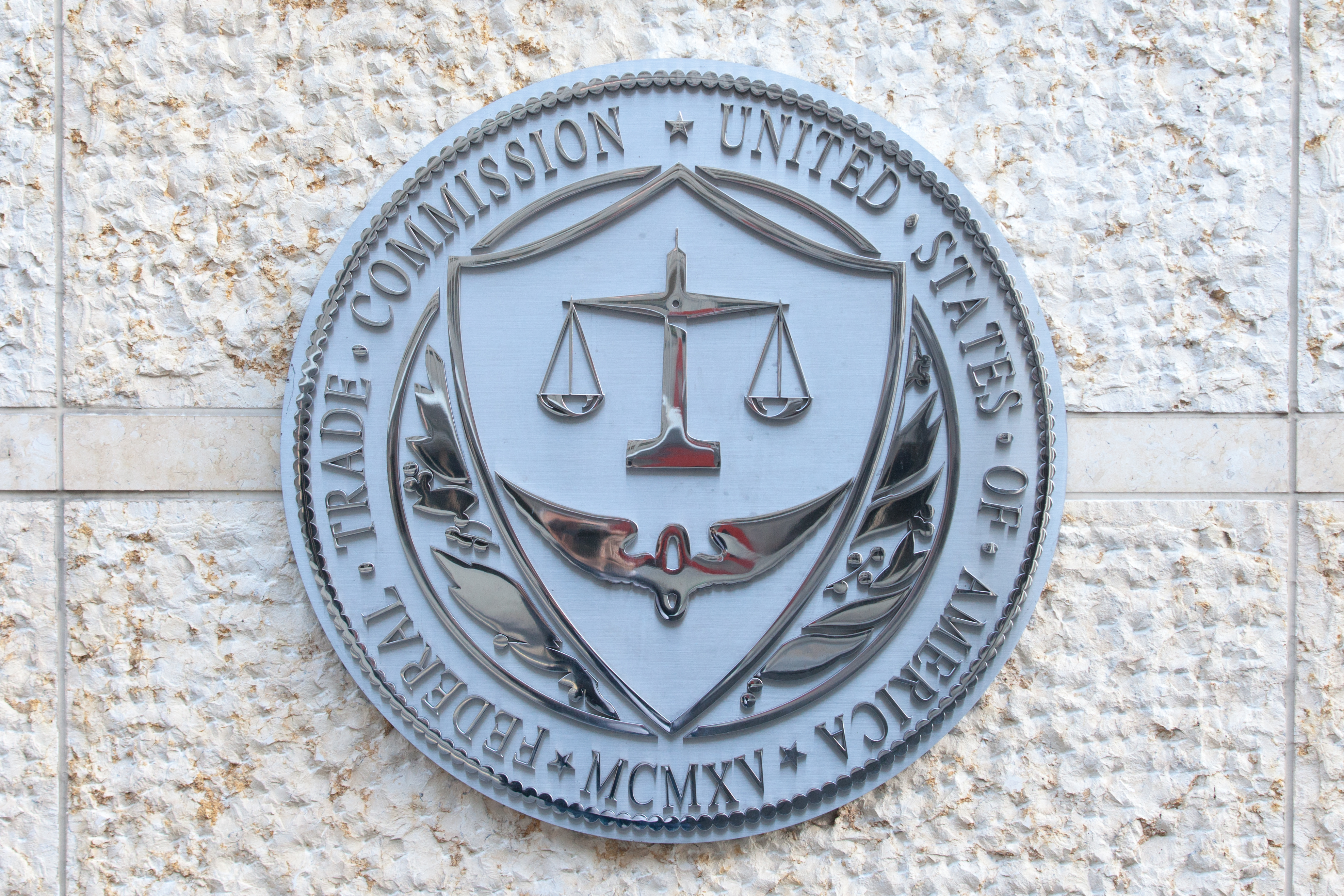Qualcomm and Broadcom in WCDMA patent spat
The two chip makers are fighting it out in an American appeals court over royalties Broadcom says Qualcomm owes it for phone chip tech.

Chip makers Broadcom and Qualcomm sparred in an American appeals court yesterday over patents used to make mobile phones that offer web-access and other multimedia features.
Qualcomm was ordered last year to stop selling phones with WCDMA chips by January 2009 because they infringe on three Broadcom patents and was barred from seeking new customers.
The ruling issued in the US District Court for Northern California also required Qualcomm to pay royalties to Broadcom for the chips it sells during the "sunset period."
Two of the three judges hearing the case, Sharon Prost and Richard Linn, appeared skeptical of at least some of Qualcomm's arguments that the lower court erred in ruling that Qualcomm infringed; erred in barring it from selling its products and erred in instructing the jury.
"So what is the problem here?" said Prost during Qualcomm lawyer Evan Chesler's argument on the injunction.
"That's not wrong," said Linn in response to one of Chesler's points on jury instruction.
WCDMA mobile wireless technology provides much higher data speeds to mobile and portable wireless devices than most North American networks.
Get the ITPro daily newsletter
Sign up today and you will receive a free copy of our Future Focus 2025 report - the leading guidance on AI, cybersecurity and other IT challenges as per 700+ senior executives
The two companies also argued before the same court on Tuesday in a case that could result in BlackBerries and other advanced mobile phones being banned for US sale.
At issue is a patent on technology that helps cell phone chips use less power. The US International Trade Commission ruled last year that Broadcom owns the patent and that Qualcomm is wrongly selling chips for telephones that contain the technology.
ITPro is a global business technology website providing the latest news, analysis, and business insight for IT decision-makers. Whether it's cyber security, cloud computing, IT infrastructure, or business strategy, we aim to equip leaders with the data they need to make informed IT investments.
For regular updates delivered to your inbox and social feeds, be sure to sign up to our daily newsletter and follow on us LinkedIn and Twitter.
-
 Should AI PCs be part of your next hardware refresh?
Should AI PCs be part of your next hardware refresh?AI PCs are fast becoming a business staple and a surefire way to future-proof your business
By Bobby Hellard Published
-
 Westcon-Comstor and Vectra AI launch brace of new channel initiatives
Westcon-Comstor and Vectra AI launch brace of new channel initiativesNews Westcon-Comstor and Vectra AI have announced the launch of two new channel growth initiatives focused on the managed security service provider (MSSP) space and AWS Marketplace.
By Daniel Todd Published
-
 Qualcomm warns of Q4 job cuts as earnings indicate underperformance
Qualcomm warns of Q4 job cuts as earnings indicate underperformanceNews The firm’s net income cratered across its third quarter, with the handset market remaining slow
By Rory Bathgate Published
-
 ‘Big three’ cloud providers face business overhaul to continue EU operations
‘Big three’ cloud providers face business overhaul to continue EU operationsNews New security labeling rules for non-EU cloud providers have been a contentious topic in recent weeks
By Ross Kelly Published
-
 Apple patents a computer inside a keyboard
Apple patents a computer inside a keyboardNews Device could enable clutter-free ultra-portability, says document
By Danny Bradbury Published
-
 Qualcomm targets net zero emissions by 2040
Qualcomm targets net zero emissions by 2040News The firm plans to meet its sustainability target through three long-term goals
By Praharsha Anand Published
-
 Biden rescinds Trump's anti-Section 230 executive order
Biden rescinds Trump's anti-Section 230 executive orderNews Trump order fought social media platform's censorship of political tweets
By Danny Bradbury Published
-
 Google secretly gamed its own ad system, lawsuit claims
Google secretly gamed its own ad system, lawsuit claimsNews Secretive “Project Bernanke” allegedly gave the search giant an unfair advantage
By Mike Brassfield Published
-
 FTC abandons Qualcomm antitrust case
FTC abandons Qualcomm antitrust caseNews Commission gives up on appeal over aggressive licensing claims
By Danny Bradbury Published
-
 Qualcomm hit with $774m fine in yet another antitrust case
Qualcomm hit with $774m fine in yet another antitrust caseNews Taiwan's Fair Trade Commission argued its practices broke competition laws
By Dale Walker Published
